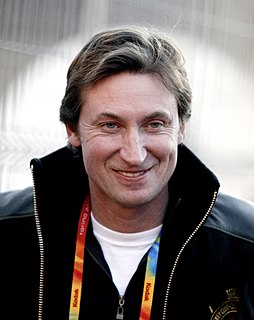A Quote by Martha Beck
Children who assume adult responsibilities feel old when they're young.
Related Quotes
I think so much of young adult literature sort of gets ghettoized - the title 'young adult' makes people immediately discount it. And just like with books that get written for adults, there is plenty of young adult literature that is bad. But there is also plenty of young adult literature that is brilliant.
Young children learn in a different manner from that of older children and adults, yet we can teach them many things if we adapt our materials and mode of instruction to their level of ability. But we miseducate young children when we assume that their learning abilities are comparable to those of older children and that they can be taught with materials and with the same instructional procedures appropriate to school-age children.
When you're young, you're always wondering when you're actually going to feel like a grownup. And I think you probably fear it, in a sense, too. There's a danger to feeling like an adult... like this whimsical kid in you is going to die or something. And then all of a sudden, one day you kind of feel like an adult and it's really nice.
Though now we think of fairy tales as stories intended for very young children, this is a relatively modern idea. In the oral tradition, magical stories were enjoyed by listeners young and old alike, while literary fairy tales (including most of the tales that are best known today) were published primarily for adult readers until the 19th century.


































